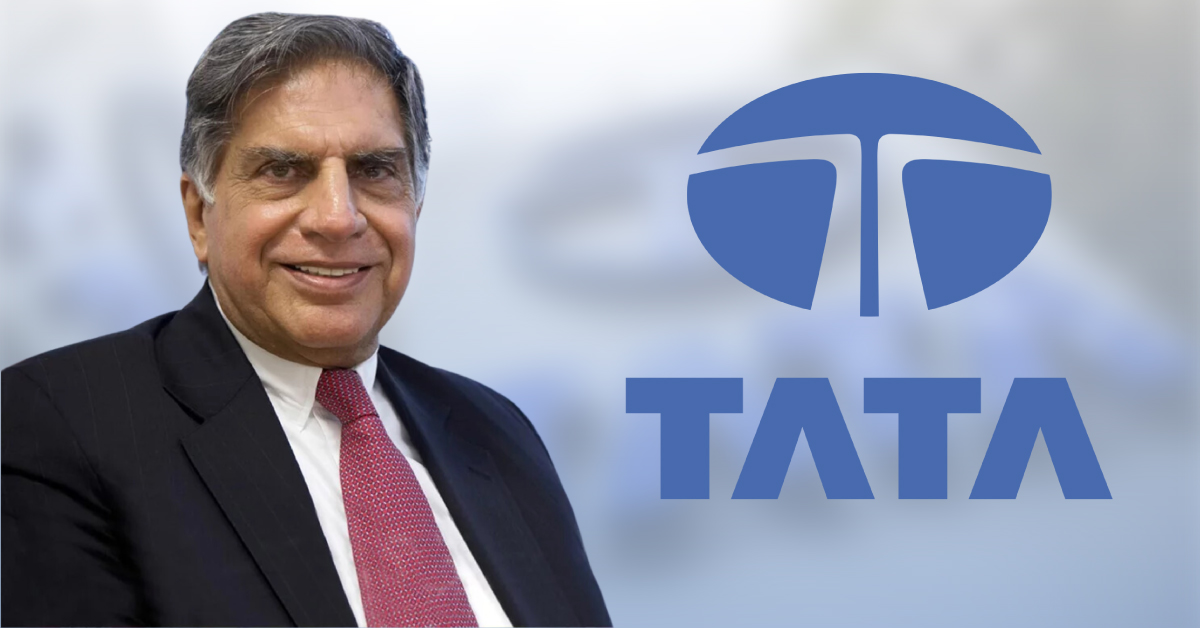On October 10, 2024, the world lost one of its most iconic business leaders—Ratan Tata. His passing marked the end of an era, but his legacy lives on in every corner of the global business landscape. Known for his bold vision, ethical leadership, and transformative decisions, Ratan Tata led the Tata Group, an Indian-centric conglomerate, to become a global giant. Under his leadership, Tata Group expanded across industries like steel, automobiles, technology, and hospitality, cementing its place on the world stage.
The Beginning of a Transformational Journey
Ratan Tata took over as chairman of Tata Sons in 1991, at a time when India itself was going through a major transformation with the liberalization of the economy. Tata inherited a large but somewhat disjointed group of over 100 companies. His first step was to streamline and unify operations, consolidating the various companies under the Tata brand. This move wasn’t just about efficiency; it was about creating a cohesive entity that could compete not only within India but on the global stage.
From 1991 until his retirement in 2012, Ratan Tata transformed the group’s revenues from $5.7 billion to a staggering $100 billion. But how did he do it? His leadership was defined by bold, transformative acquisitions and an unparalleled vision for global expansion.
Global Acquisitions: Turning Tata into a Household Name
Ratan Tata is perhaps best known for the daring acquisitions that brought Tata Group into international prominence.
Tetley Tea (2000): One of Tata’s first significant moves was the $431 million acquisition of Tetley, a British tea company. This deal made Tata Tea the second-largest tea company in the world and opened the doors for further global expansions. It was a groundbreaking acquisition because it was the first major instance of an Indian company taking over a well-established Western brand.
Corus Steel (2007): Tata’s $12 billion acquisition of Corus, a European steel giant, marked the largest foreign acquisition by an Indian company at the time. It vaulted Tata Steel to become the world’s fifth-largest steel producer. The sheer scale of this deal sent a clear message: Tata Group was ready to play on the global stage.
Jaguar Land Rover (2008): Perhaps the most audacious move was the acquisition of the struggling British luxury car brands Jaguar and Land Rover from Ford for $2.3 billion. At a time when the global economy was reeling from the 2008 financial crisis, many questioned Tata’s decision. However, the acquisition turned out to be a masterstroke. Under Tata’s stewardship, Jaguar Land Rover not only recovered but thrived, contributing $33 billion to Tata Motors’ revenue in 2023. The brand is now seen as a symbol of luxury and innovation globally.
Building Tata Consultancy Services: A Tech Giant
Beyond steel and automobiles, Ratan Tata also played a critical role in shaping the technology wing of Tata Group—Tata Consultancy Services (TCS). Recognizing the immense potential of the IT industry early on, he helped steer TCS into becoming a global tech leader. Today, TCS is valued at over $200 billion, making it one of the top IT services companies in the world. In 2023 alone, TCS generated over $30 billion in revenue, contributing significantly to the Tata Group’s success.
Not All Wins: The Tata Nano Story
Ratan Tata was known for his bold moves, and not all of them led to success. One of his most ambitious projects was the launch of the Tata Nano in 2008. Dubbed “the world’s cheapest car,” the Nano was designed to provide affordable transportation for India’s burgeoning middle class, with a price tag of just ₹1 lakh (around $1,500). However, despite the buzz and initial enthusiasm, the Nano failed to meet sales expectations, and production was discontinued in 2018.
While the Nano didn’t succeed commercially, it highlighted Tata’s willingness to take risks and innovate, reinforcing his commitment to providing solutions that addressed real-world problems.
Ethical Leadership and Social Responsibility
One of the most remarkable aspects of Ratan Tata’s leadership was his unwavering commitment to ethics. Under his stewardship, Tata Group became known not just for its business success but for its strong values. He consistently refused to engage in corrupt practices, even at the expense of losing business. His ethical approach garnered immense respect globally and strengthened the Tata brand’s reputation.
Tata was also deeply involved in philanthropy. Through the Tata Trusts, he directed 66% of Tata Sons’ profits toward charitable causes. From healthcare and education to rural development, Tata’s commitment to social good was integral to his vision for the group.
Navigating Crises: The 26/11 Mumbai Attacks
Ratan Tata’s leadership during the 26/11 Mumbai attacks on the Taj Mahal Palace Hotel, a Tata-owned property, was a testament to his character. In the aftermath of the attacks, Tata personally ensured that the victims and their families were supported. His response—marked by empathy, resilience, and swift action—earned him worldwide admiration and demonstrated his deep care for his employees and the community.
Continued Influence After Retirement
Even after stepping down as chairman in 2012, Ratan Tata’s influence remained strong. He continued to guide the Tata Group as Chairman Emeritus, and through Tata Trusts, he focused on social causes like healthcare and education. He also became an angel investor, backing startups in sectors ranging from e-commerce to clean energy, further cementing his legacy as a forward-thinker.
A Legacy That Will Endure
Ratan Tata’s passing marks the end of an era, but his legacy will continue to shape the Tata Group and inspire future generations of business leaders. From turning Tata into a global conglomerate to his relentless focus on ethical leadership, Ratan Tata was a visionary in every sense of the word. His contributions to business, philanthropy, and society will remain a lasting tribute to a life lived with purpose, integrity, and impact.
Tata’s journey was not just about building a business—it was about building a better world. He leaves behind a legacy of compassion, innovation, and excellence that will inspire leaders for years to come.



